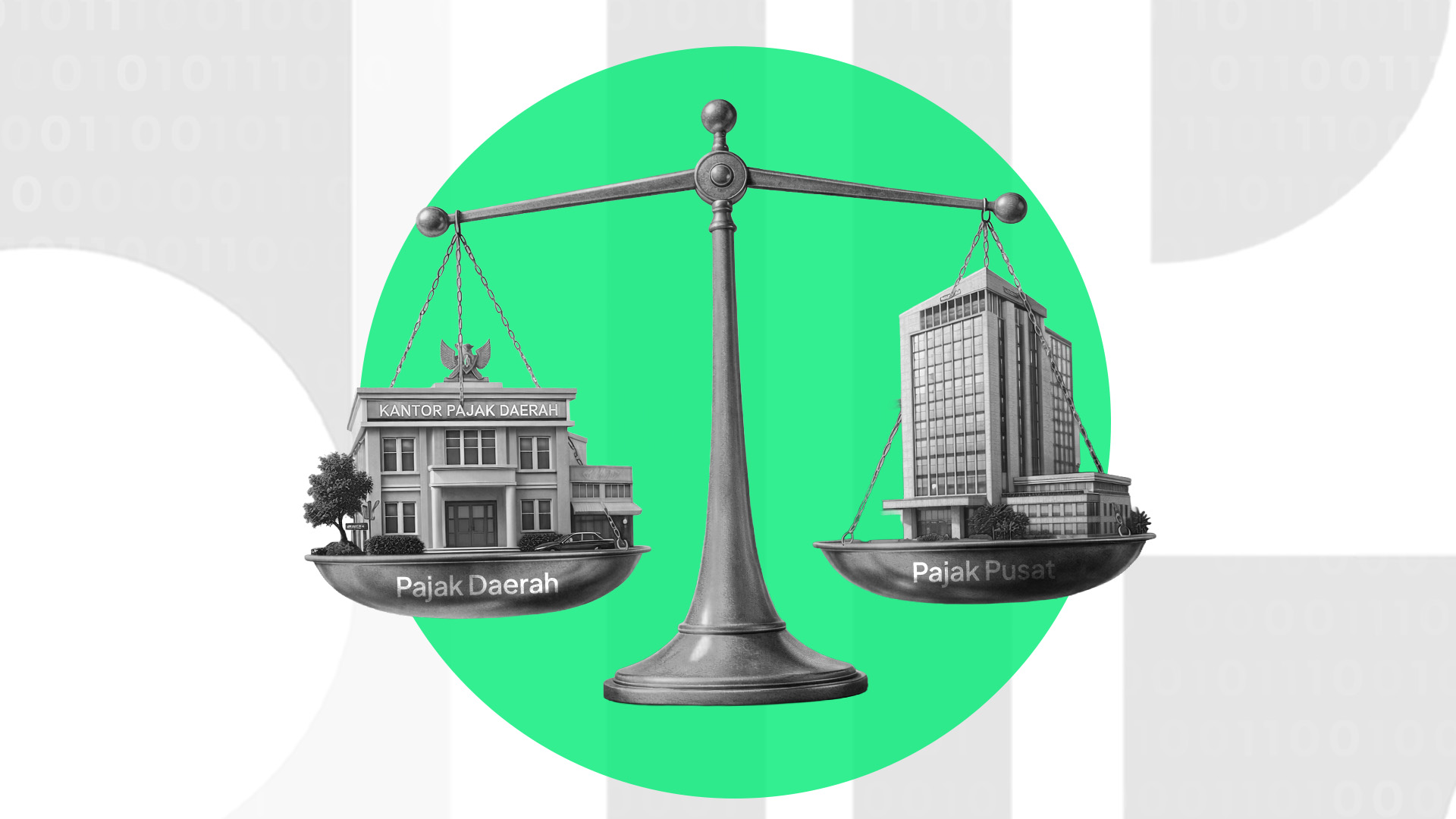The term agency is becoming increasingly familiar in today’s digital era, appearing across industries from marketing to creative work. Still, many people wonder, “What exactly is an agency?” or “What kind of work does an agency do?”
In practice, an agency acts as a professional partner that helps companies achieve their goals. without the company having to build an in-house team from scratch.
Let’s explore the types of agencies, how they work, and strategies for building one successfully.
What Is an Agency?
Simply put, an agency is a company or professional service provider that delivers specific services to clients to support their business needs.
The main role of an agency is to help clients with activities such as marketing, promotions, product distribution, or creative services. Essentially, agencies act as a bridge between a business and its target audience.
Example:
-
A cosmetics company hires a marketing agency to design ad campaigns.
-
A fashion brand partners with a digital agency to manage social media and paid advertising.
In other words, agencies exist to help businesses achieve their goals without having to recruit and train an internal team.
Types of Agencies
Here are some of the most common types of agencies in business and creative industries:
-
Advertising Agency
Focuses on creating and managing ad campaigns across offline and online media. Their work includes ad copywriting, campaign strategy, talent recruitment, and media distribution. -
Digital Marketing Agency
Specializes in online channels like SEO, SEM, social media, and email marketing. Many brands rely on digital marketing agencies to manage social accounts and sales-driven content. -
Public Relations (PR) Agency
Handles corporate communication and reputation. Their services include press releases, media relations, conferences, and crisis management. -
Creative Agency
Provides creative services such as graphic design, photography, video production, and branding. Often works alongside digital marketing agencies to create visual content. -
Talent & Influencer Agency
Connects brands with influencers or celebrities for product promotion. They manage collaborations and content production to match brand requirements. -
Event & Activation Agency
Organizes events both online and offline, from concerts and exhibitions to brand activations. Often collaborates with PR, digital, and influencer agencies.
How Agencies Work
Each agency has its own workflow depending on the services offered, but the general process looks like this:
-
Client Needs Assessment
Kick-off meetings are held to discuss business goals, target audiences, and KPIs. This planning phase ensures strategies are relevant and on-target. -
Proposal & Project Planning
Agencies prepare a detailed proposal including campaign themes, timelines, deliverables, team allocation, and estimated costs. Both parties must agree before execution. -
Content Production or Deliverables
Varies by agency type—creative agencies design visuals and videos, while digital marketing agencies develop landing pages, ad assets, and social campaigns. Clear timelines and revision rules are set to avoid disputes. -
Quality Control (QC)
Internal reviews ensure all outputs meet brand guidelines and technical standards before submission. -
Distribution & Publication
Once approved, the agency publishes content or launches campaigns via social media ads, Google Ads, press releases, or client-owned platforms. -
Performance Analysis & Optimization
Agencies measure campaign performance—CTR, CPC, ROAS, engagement, and ROI—to refine strategies. -
Documentation & Archiving
Contracts, NDAs, invoices, and reports must be securely archived for future audits or references.
Tips for Building an Agency That Wins Clients
Running an agency takes more than creativity—it requires solid management, efficient systems, and fast execution. Here’s how to make your agency stand out:
1. Consistent Pitching & Build Reputation
Don’t rely solely on a strong portfolio. Actively pitch, join tenders, and attend industry events to expand opportunities. Always prepare proposals that are insightful, well-structured, and execution-ready.
2. Maintain Strong Client Relationships
Agencies thrive on repeat business. Satisfied clients are more likely to return and recommend you to others. Communicate openly, accept feedback, and follow up consistently. Reliability builds loyalty.
3. Create Clear SOPs & Team Structure
Even a small team needs proper workflows. Define roles for proposal drafting, client follow-ups, and revisions. Standardized processes prevent chaos when projects pile up.
4. Manage Digital Documents Efficiently
Administrative bottlenecks frustrate both agencies and clients. Streamline operations with:
-
Digital Signatures: Avoid the hassle of printing and scanning contracts, invoices, or NDAs. With VIDA’s certified digital signature, documents can be signed legally and securely from anywhere.
-
Magic Scan: Convert physical documents into clean digital files using your phone. No more missing paperwork.
5. Watch Cash Flow & Invoicing
Busy agencies aren’t always profitable if cash flow is mismanaged. Use structured billing systems, staggered payment terms, and maintain emergency funds for payroll and operations.
An agency is a professional partner that helps businesses with strategy, marketing, and creative services. To be the go-to agency for clients, you need adaptability, efficiency, and professional administration.
By adopting tools like VIDA digital signatures and Magic Scan, you can streamline document management—making your agency faster, more reliable, and more trusted by clients.

.png)

.jpeg)
